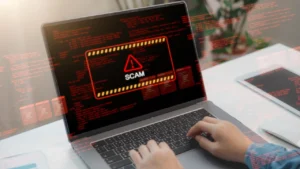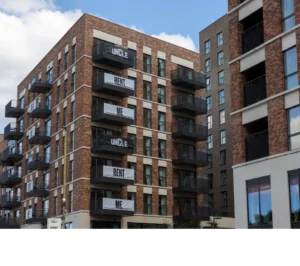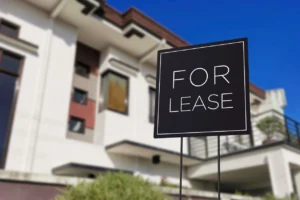3 Ways to Reduce Your Rental Losses

Security deposits aren’t always the safety net landlords think they’ll be. Many states will limit the security deposit to 1-2 month’s rent and in many cases damages, broken leases, or unpaid rent may cost you more than the security deposit you collected. If you think it’s worth it, you may take a tenant to court to recover that cost, but may find the tenant does not have any assets to pay back the court judgment they owe you. Then you’re left with the loss of more time and money.
Here are some tips on what you can do to prevent this from happening:
- Screen tenants thoroughly before renting to them: You should be equipped with as much information as possible to reduce the likelihood that they will default on rent. Ensure they have stable income, good references, a clean record, decent credit score and a good payment history.
- Get LeaseGuarantee if your tenant qualifies:
- LeaseGuarantee give you much more protection than a security deposit and it starts at only $299 for $2,500 annual coverage. Coverage options vary and go up to $10,000.
- What this means is you can use LeaseGuarantee in place of a security deposit or in addition to the security deposit. This guarantees that you will be paid out money that is owed to you in a court judgment up to the coverage amount you selected.
- The LeaseGuarantee Analyzer in every tenant screening package (red, white, blue, or gold) will tell you if your tenant qualifies for LeaseGuarantee and will give you the option to start coverage or invite your tenant to purchase coverage.
- To learn more about LeaseGuarantee visit https://american-apartment-owners-association.org/leaseguarantee/ or call (866) 579-2262.
- Do monthly or quarterly inspections: Some landlords don’t see the inside of their rental until the move-out inspection and are shocked to find their tenants are hoarders, partiers, pet owners, or worse. The damage that is done in a matter of 12 months can be completely destructive and easily exceed the security deposit. It is better to catch these things as they start to occur by doing regular walk through inspections. Be sure to provide your tenants with written notice (you can use the AAOA inspection notice form here) and also include dates of inspection in your lease terms. By doing this you may be able to fix problems before they get worse or evict a tenant that has broken the lease terms.













 Accessibility
Accessibility